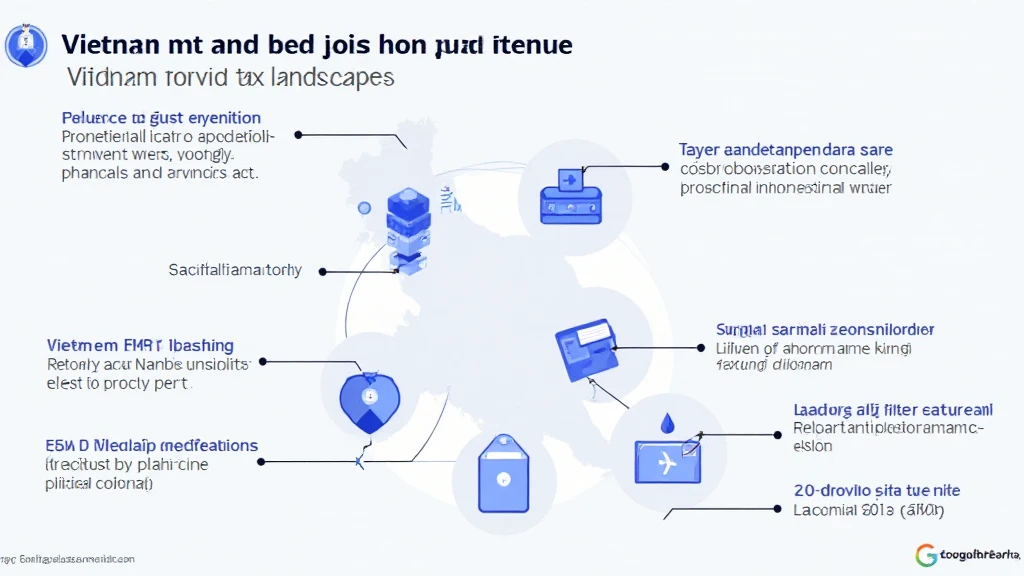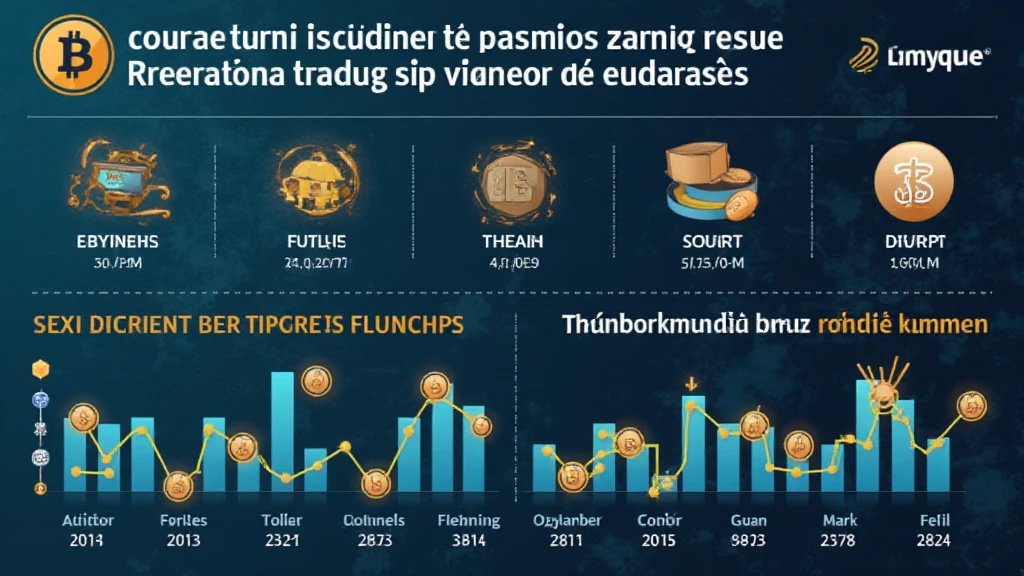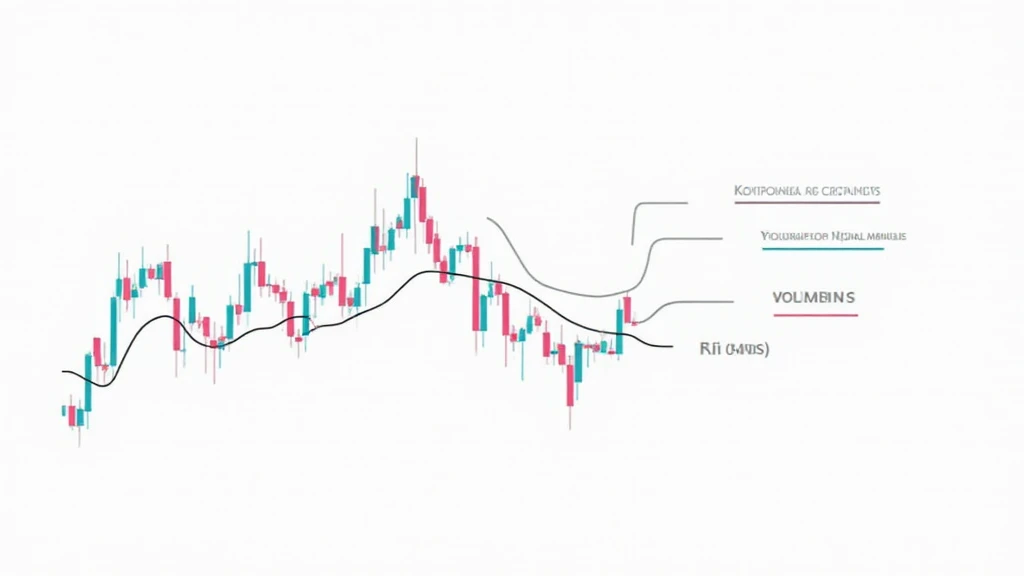Understanding Vietnam’s Crypto Tax Landscape
As the crypto landscape evolves, so does the regulatory environment surrounding it. In Vietnam, the emergence of cryptocurrencies has prompted a need for clear taxation guidelines. The country’s tax authorities have been working diligently to establish a framework that ensures compliance while fostering innovation in the digital asset space.
For many investors and traders, understanding these guidelines is crucial, especially with key deadlines approaching. According to recent data, the Vietnam crypto market has seen a remarkable user growth of over 30% in the past year. With this increase in participation, the need for awareness surrounding crypto tax deadlines becomes more pressing.
What Are the Current Tax Regulations for Cryptocurrencies in Vietnam?
In Vietnam, transactions involving cryptocurrencies are considered taxable events. This means that any trading profits, whether short-term or long-term, fall under the scope of personal income tax (PIT). The applicable tax rate for individuals can vary but generally hovers around 20%. As such, it is essential for taxpayers to maintain meticulous records of their transactions.

Moreover, businesses engaging in cryptocurrency transactions must adhere to Value Added Tax (VAT) regulations as stipulated under the Law on Value Added Tax. The complexity of these regulations often leaves many confused, emphasizing the need for clear guidance…
Key Tax Deadlines to Remember
Tax deadlines can be daunting, but keeping track is vital for compliance. Here are the upcoming deadlines you should mark on your calendar:
- April 30: Deadline for submitting personal income tax returns for the previous fiscal year.
- June 30: Deadline for any amendments or adjustments related to last year’s tax return.
- Year-End Reporting: Businesses must submit annual reports by March 31 for tax obligations related to cryptocurrencies.
Steps to Ensure Compliance
To navigate Vietnam’s crypto tax requirements effectively, here are vital steps taxpayers should follow:
- Keep Detailed Records: Document all transactions, including dates, amounts, and transaction types. This can help ensure accurate tax filings.
- Consult Professionals: Engaging with tax advisors knowledgeable in cryptocurrency can help in understanding obligations and optimizing tax liabilities.
- Use Cryptocurrency Tax Software: Consider utilizing tools that facilitate tracking transactions and calculating taxes owed.
Possible Future Developments in Vietnam’s Tax Landscape
With the rapid evolution of the crypto market, it is expected that the Vietnamese government will continually update its tax regulations. For instance, there have been discussions about introducing a special tax regime for crypto assets to encourage transparency. As these regulations evolve, keeping abreast of changes is essential for all investors and businesses involved in cryptocurrencies.
Final Thoughts on Vietnam Crypto Tax Deadlines
Staying informed is the key to thriving in Vietnam’s burgeoning crypto market. As we approach these tax deadlines, it is crucial to ensure compliance with all tax obligations related to cryptocurrencies. The landscape may be complex, but with the right knowledge and resources, it can be navigated successfully.
As the crypto market in Vietnam continues to expand, so too will the regulatory environment. Whether you are a seasoned trader or a newcomer, understanding the tax implications of your investments is vital. Stay prepared, stay compliant and make the most of your digital asset journey!
For detailed insights on handling your crypto taxes, check out our Vietnam crypto tax guide.
**Caution: This article is not financial advice. Always consult your local tax authorities or a financial advisor when dealing with tax concerns arising from cryptocurrency activities.**
About the Author
**Dr. Pham Minh Tuan** is a renowned blockchain expert with over 10 years of experience in cryptocurrency taxation and compliance. He has authored more than 15 papers on blockchain regulations and led several notable projects in the realm of digital asset audits.






